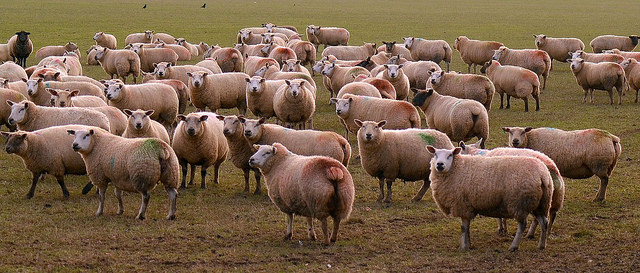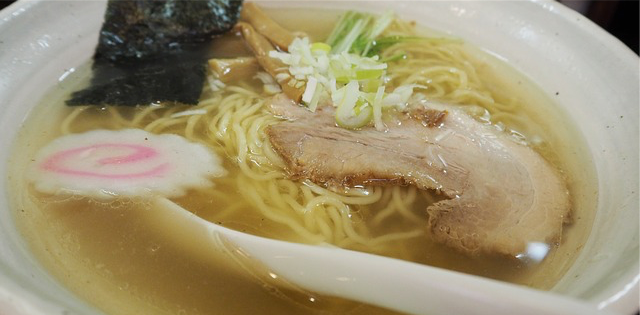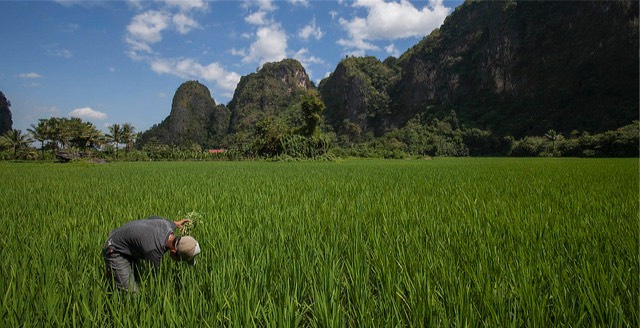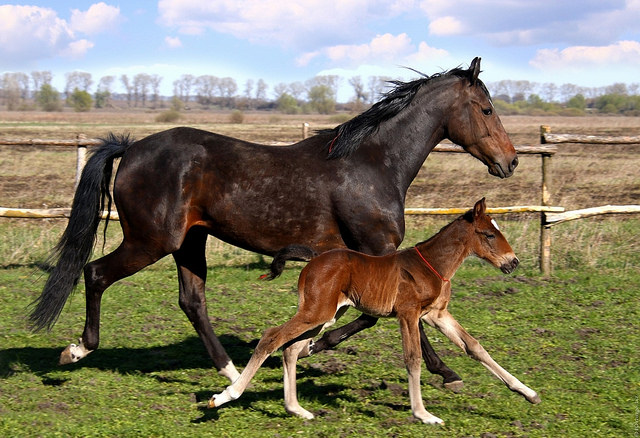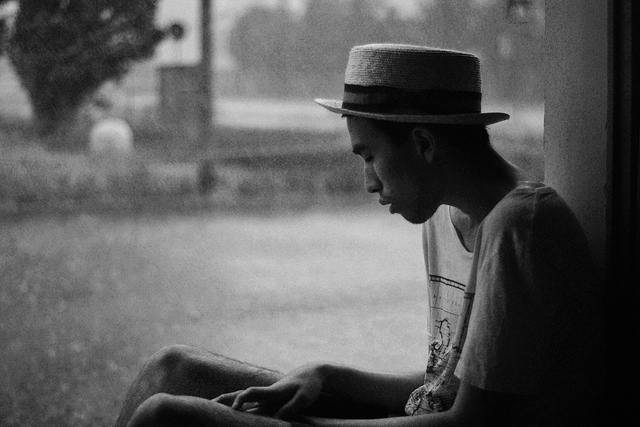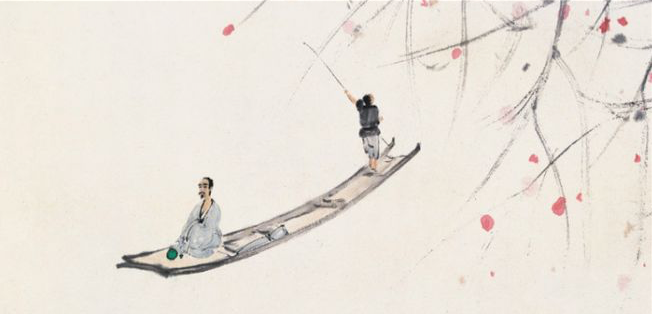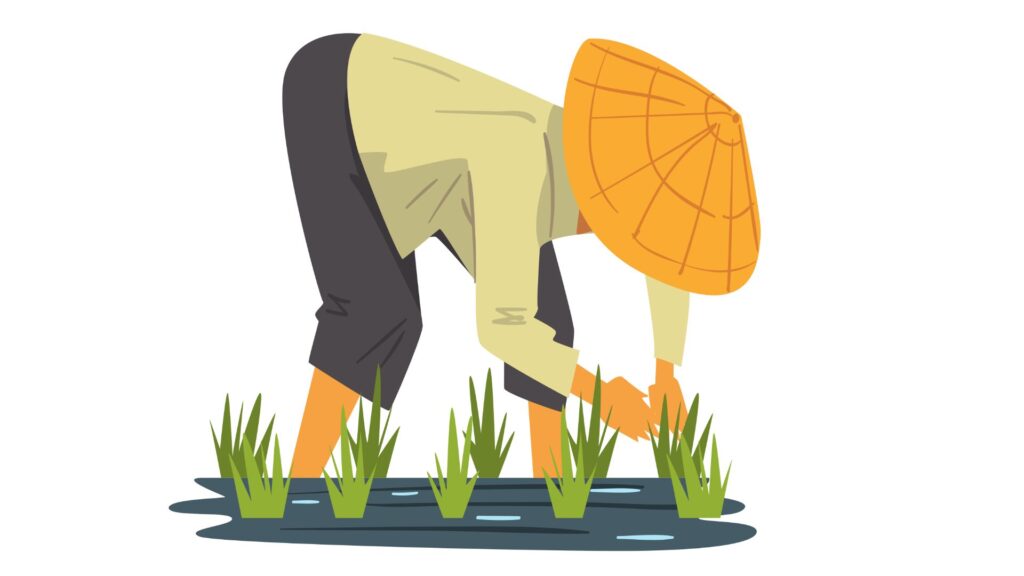
The Art of Doing Nothing – Tao Stories
Once, in a distant village, there lived a farmer known for his impatience. Having sown the seeds in his paddy field, the farmer eagerly awaited the bountiful harvest that would soon grace his land. However, as days turned into weeks, he grew increasingly frustrated by the sluggish growth of his plants.
Every day, the farmer would march determinedly to the field, hoping to witness a remarkable transformation in his crops. Alas, each visit only served to amplify his irritation, as he beheld the seedlings inching forward at an agonizingly slow pace. His impatience began to consume him, and he fretted relentlessly as the days wore on.
Driven to the brink of desperation, the farmer hatched a seemingly ingenious plan. He ventured into the field and, determined to expedite their growth, he meticulously pull each plant higher from the ground. Standing at the edge of the field, a glimmer of excitement illuminated his face as he triumphantly proclaimed, “Behold! The rice plants in the field have finally achieved towering heights!”
Delighted by his supposed accomplishment, the farmer eagerly shared his triumph with his son. The young boy, brimming with curiosity, rushed to the field the following day, his heart brimming with anticipation. Yet, to his utter dismay, he discovered a disheartening sight. The once-vibrant seedlings had withered away, their delicate lives extinguished by the farmer’s ill-conceived intervention.
A profound lesson unfolded before the farmer and his son in that poignant moment. They came to realize that nature follows its own rhythm, impervious to the whims of impatience and artificial manipulation. The farmer’s hasty actions had disrupted the delicate balance and natural progression of growth, ultimately leading to the demise of his cherished crops.
The tale may appear far-fetched, but its underlying message resonates deeply with the realities of our world. In the fast-paced, high-pressure environments we inhabit, such behavior is all too familiar. We find ourselves yearning for immediate results, often lacking the patience to see things through to their natural fruition. Our impatience drives us to seek instant gratification, demanding that events unfold precisely as we desire.
We aspire to master skills swiftly, longing for expertise without enduring the necessary journey of learning and honing the fundamentals. We crave meaningful connections and friendships, yet struggle to find the time or inclination to truly listen and empathize with others. We yearn for our teams to perform flawlessly, yet grow restless and anxious when they require time to synchronize their efforts and find their collective rhythm.
While the actions of the farmer may appear ludicrous, they serve as a poignant mirror reflecting our own tendencies. We, too, can be guilty of such absurdity in various aspects of our lives. Our relentless pursuit of immediate gratification blinds us to the wisdom of gradual growth, patience, and the organic unfolding of events.
Wu wei – The Art of Doing Nothing
To prevent falling into the same oversight, we can learn from the wisdom of wu wei—the art of doing nothing. This ancient philosophy imparts the importance of observing the natural flow of things in all aspects of our lives. Regardless of our eagerness for immediate outcomes, wu wei teaches us to allow sufficient time and space for events to unfold organically.
Just as a plant requires the right timing, as well as favorable conditions like nourishing soil and ample sunshine to thrive, so do we have to align to primary factors when getting things done. When the timing is not right, rushing into action will not yield the desired results. In fact, it can worsen the situation and sabotage our efforts.
By embracing the principles of wu wei, we develop a deeper alignment with the rhythms of nature and the intricate interplay of timing, patience, and preparation. We learn to resist the urge to force outcomes prematurely, recognizing that some things require the necessary gestation period to come to fruition.
When the timing is not right, doing nothing is doing something.
It’s a practice of the art of doing nothing.

